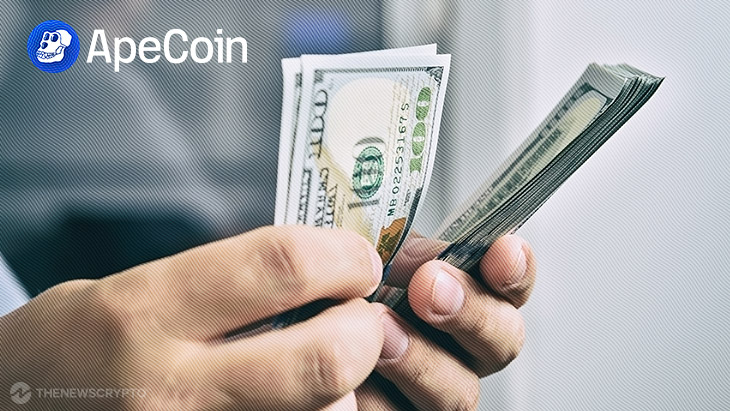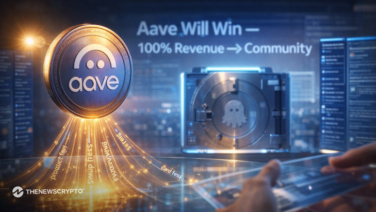The ApeCoin decentralized autonomous organization (DAO) has sparked a debate regarding the six-figure annual salaries received by its Special Council members. ApeCoin is the native currency of the Bored Ape Yacht Club ecosystem and is governed by the ApeCoin DAO, consisting of ApeCoin holders.
On June 10, the ApeCoin DAO secretary, “Vulkan,” unveiled an organizational chart on Twitter, disclosing the salaries of the DAO’s leadership. The disclosed monthly compensations ranging from $7,000 to $75,000 surprised and prompted inquiries from the community.
With the passing of the Metaverse Working Group, there are now two WGs approved by the @ApeCoin DAO.
— Vulkan 🌋 (@red_vulkan) June 10, 2023
As the DAO continues to build out its infrastructure, it can be confusing to remember the different roles. Here's a chart to help visualize it all and connect names to roles. pic.twitter.com/T93hxJNnJD
Compensation Dispute Deepens
Twitter users began questioning the leadership compensation, particularly the substantial six-figure payments to Special Council members. Critics argued that Yuga Labs, the creator of ApeCoin, was solely responsible for the success. And attributing little value creation to the DAO.
In contrast, supporters defended the salaries as fair, highlighting their alignment with mid-range compensation for high-end tech roles. Special Council members, including prominent figures like Alexis Ohanian and Yat Siu, justified the compensation. They compared it to that of public company directors. They emphasized the responsibility and liability associated with their roles.
However, dissenting voices proposed a re-evaluation of the salary structure, advocating for a 50% reduction for the Special Council. Others demanded a “competency check” to ensure that those actively contributing to the DAO filled the leadership positions.
Finally, The ongoing debate highlights the challenge of striking a balance between appropriate compensation for leadership roles and addressing concerns about value creation within the ApeCoin ecosystem. As discussions continue, they will shape the future of compensation within the DAO and its commitment to decentralized governance.








